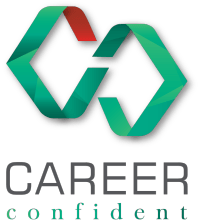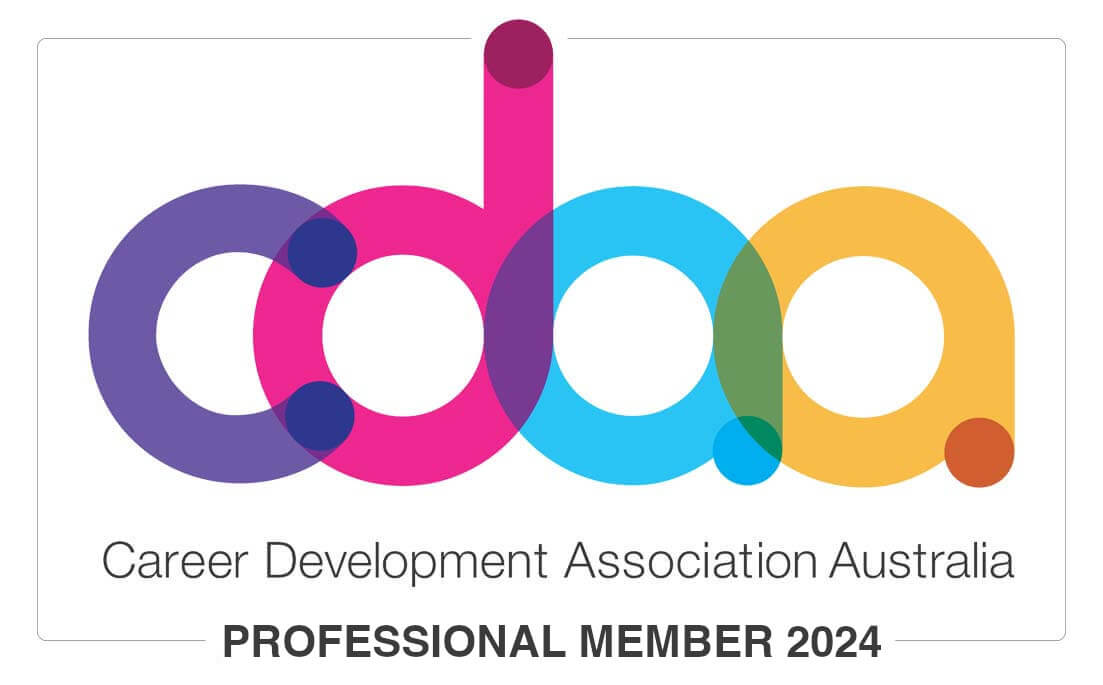THINKING ABOUT A CAREER CHANGE? SOUND OUT THOSE ALREADY IN THE FIELD
Extracts from this article and quotes from its author were published in the Careers Lift-out on Saturday 1 April in the following news corporation papers: The Melbourne Herald Sun, The Sydney Telegraph, The Adelaide Advertiser and the Brisbane Courier Mail.
Finding out whether a new career or different mode of working is for you is a dedicated fact-finding mission. In the “information gathering” phase of career exploration, you might pour over employment statistics using reliable resources such as government data and reputable industry reports. You might also read journal articles, use professional websites for networking and investigative purposes, research specific companies, attend career expos, undertake vocational testing, or jump online to investigate study options. All of these are terrific; however, gaining the personal insights of those who are already, or were recently working in the field(s) into which you are considering moving is one of the most worthwhile courses of action you can take when making up your mind about transitioning from your current occupation.
Yet, many of us are reluctant to discuss “work” with others, let alone our career plans – especially if a mid-life career change might be on the cards. This is not surprising: career change can be a very personal subject to discuss; it can also mean having to reach out beyond what feels comfortable. However, as our working lives will increasingly comprise several career changes, being prepared to ask others for their insights seems a particularly useful habit to get into.
Start with yourself. Who do you know?
Compile a list of all the people you know reasonably well from the various facets of your life, e.g. family, friends, neighbours, work, school, sport, community groups, voluntary organisations, and so on. Chances are that at least one person on your list will know someone in the field(s) in which you are interested. I recently had this conversation with a client who was surprised when she learned that the woman with whom she had been co-umpiring junior netball for two seasons worked in the specific industry she aspired to enter. The knowledge led to a work shadowing opportunity and referrals to two other professionals in the field. Speak to those you know to find out if they might be able to help: there is potentially much to be gained.
Cast a wide net. Contact people you don’t know.
It is acceptable to contact people you have never met and ask if they would speak to you about their work. Handled well, this practice can pay dividends. In my experience, most people if asked are willing to give others time for this purpose, especially if you show that you are respectful of their time and sharing of insights. It is also no secret that many people enjoy talking about themselves and their work. As they don’t know you, you will arguably have a more objective discussion, too.
To find out if someone might be able to spare some time to speak to you, perhaps send a short introductory email about yourself and your current work, requesting time for a brief conversation. Suggest what form you envisage this contact taking, e.g. in person, phone, Skype. It will also help both parties if you specify an amount of time you have in mind, such as 20 or 30 minutes, to learn about their career, their work and so on. (See below for possible questions to ask).
Manage your expectations.
Some people won’t respond to your email. Of those who do, a few might be impolite. Don’t take this personally. People are often busy and distracted. Avoid letting this stop you from approaching someone else; the next person you ask may well be better placed. If you don’t receive a reply to your email, a phone call to follow up to ensure it was received may be helpful.
Always be mindful to respect their personal and professional boundaries. Remember that they are doing you a favour. Never be pushy or you might be remembered for the wrong reasons!
Be strategic – shop around.
I recommend a diverse approach when seeking the insights you need to help determine if work in a particular field is going to be for you. Try to speak to a range of people in the profession or trade in which you are interested. This will broaden your knowledge and perspective as well as providing useful insights into employer groups/sectors and different working styles and structures. Avoid basing your assumptions on the views of the first person to whom you speak. I have met people who have abandoned career plans on the basis of one conversation with one person who was not enjoying their job. Speaking to at least three different people helps provide balance. Ideally, make contact with a few people who have already successfully transitioned into the field in which you are interested.
Do your homework and ask the right questions.
Beforehand research the person’s profile to avoid asking too much about information which is publicly available. Be prepared to answer questions, and practise “summarizing” yourself, your career aspirations and current thinking on making a career change concisely (akin to what is often referred to as the “elevator” pitch).
When speaking, be mindful of the time and stay on topic. If appropriate, share your insights too. Don’t underestimate your contribution to the discussion.
Time is limited. What do you really want to know from this person that would help you to make your decision about beginning in the new field? Be selective with your questions. Here are a few suggestions:
- How long has the person been in the profession or trade and in what sectors has he or she worked/specialised/ found the most satisfaction?
- What advice would they provide to someone beginning in the profession? What were the pearls of wisdom they received (if any) when they started in the industry?
- Do they know of anyone who has entered the profession following a change of career, and do they have advice for someone wishing to transition to the profession?
- What are the unexpected benefits/highlights/challenges/occasions when it has been necessary to compromise that they have encountered in their work?
- Who has inspired them in their industry and beyond, and why?
- What are the working conditions like? Related points of the discussion might be salaries, what are considered typical working hours and what the scope is for flexibility, the amount of travel expected, part-time work opportunities.
- What are the qualifications, licenses and accreditations required now and into the future? What might be their recommendations in terms of acquiring them/priorities/best institutions to attain them?
- What do they consider as growing sectors of the profession and projected future challenges for the profession?
- How did they build their brand/profile within the industry?
- What professional associations and upcoming events would they recommend you join and attend? What other steps might they recommend you take in order to gain further industry exposure?
- You might also ask for advice about addressing any knowledge gaps in your investigations about the industry. This could lead to benefits such as further introductions or opportunities to observe others at work.
Gratitude and more gratitude.
Thank the people who have helped you – for their time and insights. In terms of keeping in touch afterwards, be aware that while some of the people you approached might be willing to stay in touch with you; others will understandably consider they have fulfilled your request and your contact will end there.
Finally, try to remember the best and worst parts about the experience so that when you are asked for constructive help from someone interested in learning about your work, your answer will be resounding “Yes!”.
Helen Green, Director, Career Confident
Helen is a qualified careers consultant and professional member of the Career Development Association of Australia. She manages her own careers consulting practice based in Melbourne.






